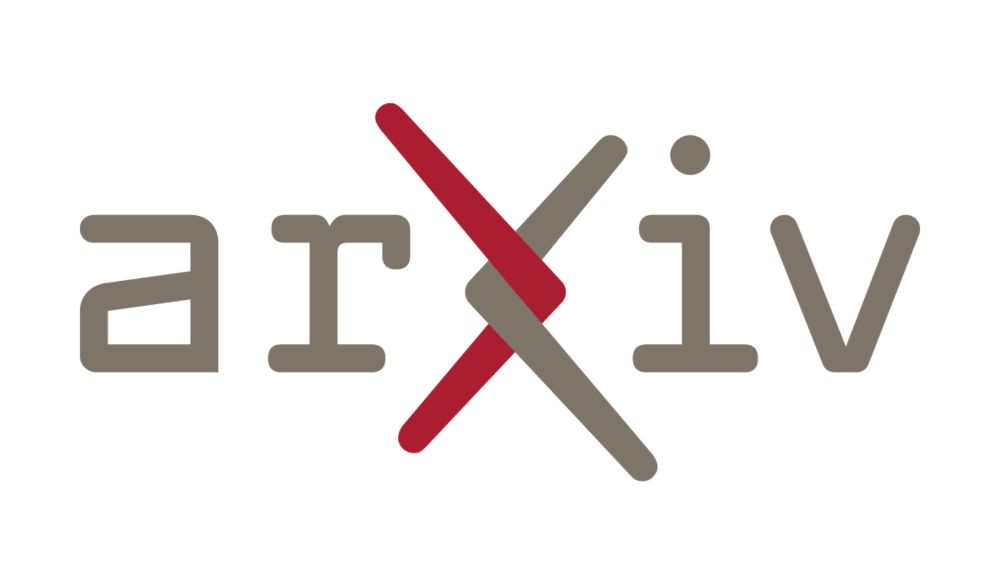Mark Ibrahim
@markibrahim.bsky.social
58 followers
120 following
13 posts
Researching the dark arts of deep learning at Meta's FAIR (Fundamental AI Research) Lab https://markibrahim.me/
Posts
Media
Videos
Starter Packs
Mark Ibrahim
@markibrahim.bsky.social
· Jul 21
Samuel Lavoie
@lavoiems.bsky.social
· Jul 17

Modeling Caption Diversity in Contrastive Vision-Language Pretraining
There are a thousand ways to caption an image. Contrastive Language Pretraining (CLIP) on the other hand, works by mapping an image and its caption to a single vector -- limiting how well CLIP-like mo...
arxiv.org
Mark Ibrahim
@markibrahim.bsky.social
· Jun 17
Mark Ibrahim
@markibrahim.bsky.social
· May 2
Mark Ibrahim
@markibrahim.bsky.social
· Dec 11
Mark Ibrahim
@markibrahim.bsky.social
· Dec 11
Mark Ibrahim
@markibrahim.bsky.social
· Dec 11





